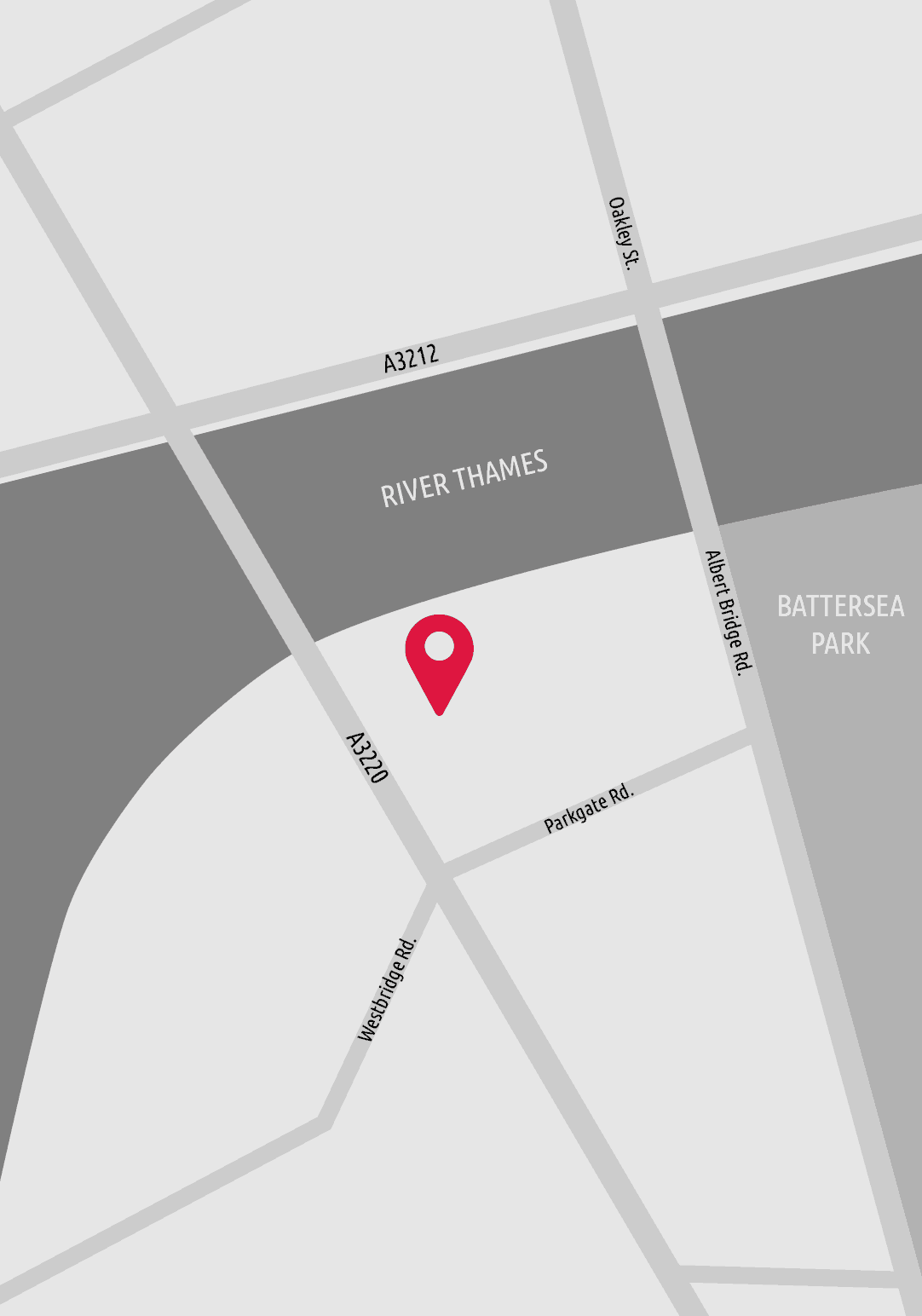Request a callback
As retailers face a challenging future, smart building management could help the sector make significant cost savings. Managing everything from utility bills to energy consumption is an opportunity for retailers to monitor and control their buildings' electrical and mechanical equipment and gain valuable actionable insights.
Numerous systems feed into the management of a single building: lighting; electrical power; heating, ventilation and air conditioning (HVAC); access control, and more. Retailers often need to manage multiple locations including offices, stores and warehouses, increasing the challenge of effectively monitoring all of these systems. But not having control of these systems is costly: inefficient energy usage alone is costing UK businesses as much as £60 million per year in unnecessary costs, according to a Green Alliance 2020 study.
Invoice management delivers cost savings
Energy costs can make up as much as 20% of the average cost of running a building. Despite that, many businesses don't manage their utility bills, they are simply paid each month. But validating or scrutinising energy bills can be a game changer, particularly for retailers who are dealing with falling sales and tighter margins.
Within the CKH group we are already seeing savings of between 10-15% on its energy bills through better invoice management from the initial rollout. One of CKH’s group companies, ista, specialises in smart building management, offering a holistic approach from energy buying, invoice management right through to designing bespoke building management systems. Next up is the roll out of smart metering across its stores. The information coming from these smart meters enables additional savings potential of up to 25% on energy costs.
Complete oversight with a central building management system
Intelligent building management systems provide businesses with complete oversight and granular control of their internal systems. Not only can they monitor energy usage, they can also analyse specific configurations and gain real-time insight into how each system is being used. This real-time data gathered from intelligent sensors throughout a building allows businesses to pinpoint problem areas, systems that may need tweaking, and react to changing needs. And because all of this information is flowing through a central system the business can get a complete, joined-up view of everything from lighting to access control and fire alarms.
For companies who want to explore smart building management, a fruitful first step is invoice validation, followed by implementing an intelligent infrastructure either through integrating existing systems or getting a bespoke solution put together for your specific needs. A reliable network is vital for cloud connectivity and accurate data, as well as for the devices or sensors that will help businesses to gather that critical data.
We know the past few years have been difficult for the retail sector; we've written at length about the various challenges they are facing. And these challenges have been exacerbated by the pandemic. We know too that retailers are innovative by nature and have in many cases invested in technology to transform their business and meet changing demands. And as they face an uncertain future, retailers will turn to technologies that can help them to identify wastage and deploy systems to save costs - building management is a very sensible place to start.





